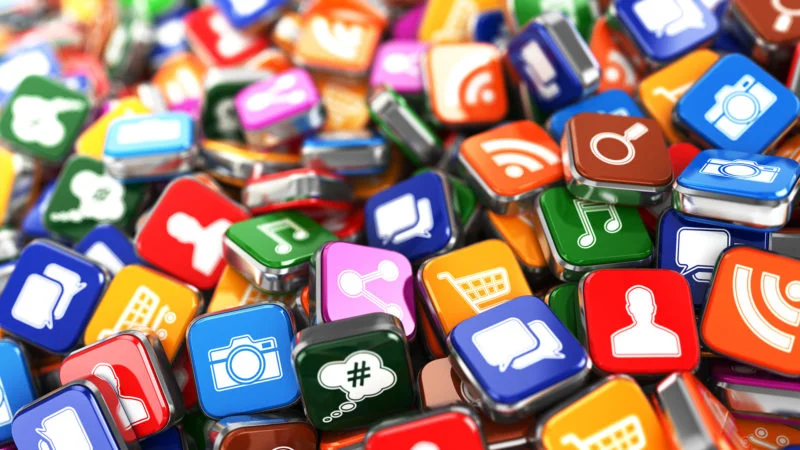Mobile apps are abundant in the digital realm. No matter what you need, there’s probably an app for it—for shopping, gaming, staying in touch with friends, or working on the go.
Share photos, keep tabs on your spending, monitor your fitness progress, learn a new language, and much more with the touch of a button and the “Install” command. Despite their usefulness, mobile devices are not immune to malware, which can compromise your private information and that of your company.
Data kept on mobile devices can be vulnerable to theft via malware unless you take basic precautions to prevent threat actors from obtaining access to it. Here are four precautions you can take before installing any app:
Read also: Tech on budgets: mastering essential skills in 2024
Stick to trusted App Stores only
Today, the most well-known app stores in the world are the ones run by Google, Samsung, and Apple. There are millions of apps on these platforms covering all sorts of genres, so no matter what you’re searching for, you should have no trouble finding it.
The problem is that you might be interested in an app, but you don’t know how to download it from a website or app store. Although this does not directly signal an imminent scam or attack, it is worth noting that app stores and websites are common vectors for cybercriminals to distribute malware.
Some platforms don’t bother to check the apps’ safety ratings and have almost no security measures. Also, some hackers make whole websites to trick users into downloading malicious apps.
However, be wary that even the most well-known and respected app stores can upload malicious apps. Despite these platforms’ best efforts, malicious apps can infect thousands—if not millions—of devices between launch and removal, which can be days, months, or even years.
Verify the number of apps download and reviews by users
The importance of reading reviews cannot be overstated, whether you are in the market for new shoes, an antivirus programme, or an app to download.
Thankfully, many popular app stores let users write reviews of the apps they’ve downloaded and installed so that they can share their thoughts and feelings about everything from sound to wrong. Reading these reviews will give you a good idea of what to expect before letting an app access your device. Therefore, it is essential to regularly read these reviews before installing them.
Instagram, TikTok, and YouTube are just a few of the popular apps that have incredible numbers of downloads—sometimes in the billions. Unfortunately, not all apps achieve such success. Many valuable and safe apps don’t have many downloads because they’re either too new or poorly known. Also, there may be reasons to be concerned about the lower download count.
When many users haven’t downloaded and tested an app, it’s difficult to tell how it will behave on your device. So, if an app piques your interest but has few reviews and installations, it might be wise to give it a few weeks and check back later when it has more reviews and users.
Be wary of invalid authorisations
Many apps will ask for access to specific features or data when you install them. For example, to take pictures, edit media, or make phone calls, an app may need to access your gallery or contact list.
Some frequently used permissions are camera, audio, microphone, contact, gallery, and others. Many apps can’t function properly without these permissions, but some will try to exploit you. For example, a malicious app could request access to your email or text messages, allowing it to steal important information. Another possibility is that an app will ask for your location data and secretly use it to follow you.
Ensure the app is trustworthy and the permissions it requests won’t put you in danger whenever something requests permission. Dangerous permissions, such as those involving your camera, microphone, web history, and contacts, might be requested of you.
Read also: How to use Meta AI to chat on WhatsApp, Messenger and Instagram
Keep Track of How Your Device Is Acting
If you install a suspicious app and your device starts acting strangely, you might be dealing with a malicious app. While malicious apps may not always display any symptoms, they can take various forms when they do.
For instance, if you notice that your device’s battery is draining at an abnormal rate after an app has been installed, it’s possible that malware, like spyware, has been installed on it. Malware programs that require constant activation can negatively impact battery life.
Also, your device’s performance might drop or crash more often if an app is malicious. Once again, the app could be blamed if this problem suddenly emerged after you installed it.
Be advised that not every app with a lot of battery or performance is terrible. Apps that require constant background activity are one example of apps that can be pretty power-hungry. An example of such an app would be a VPN or a step tracker.
















